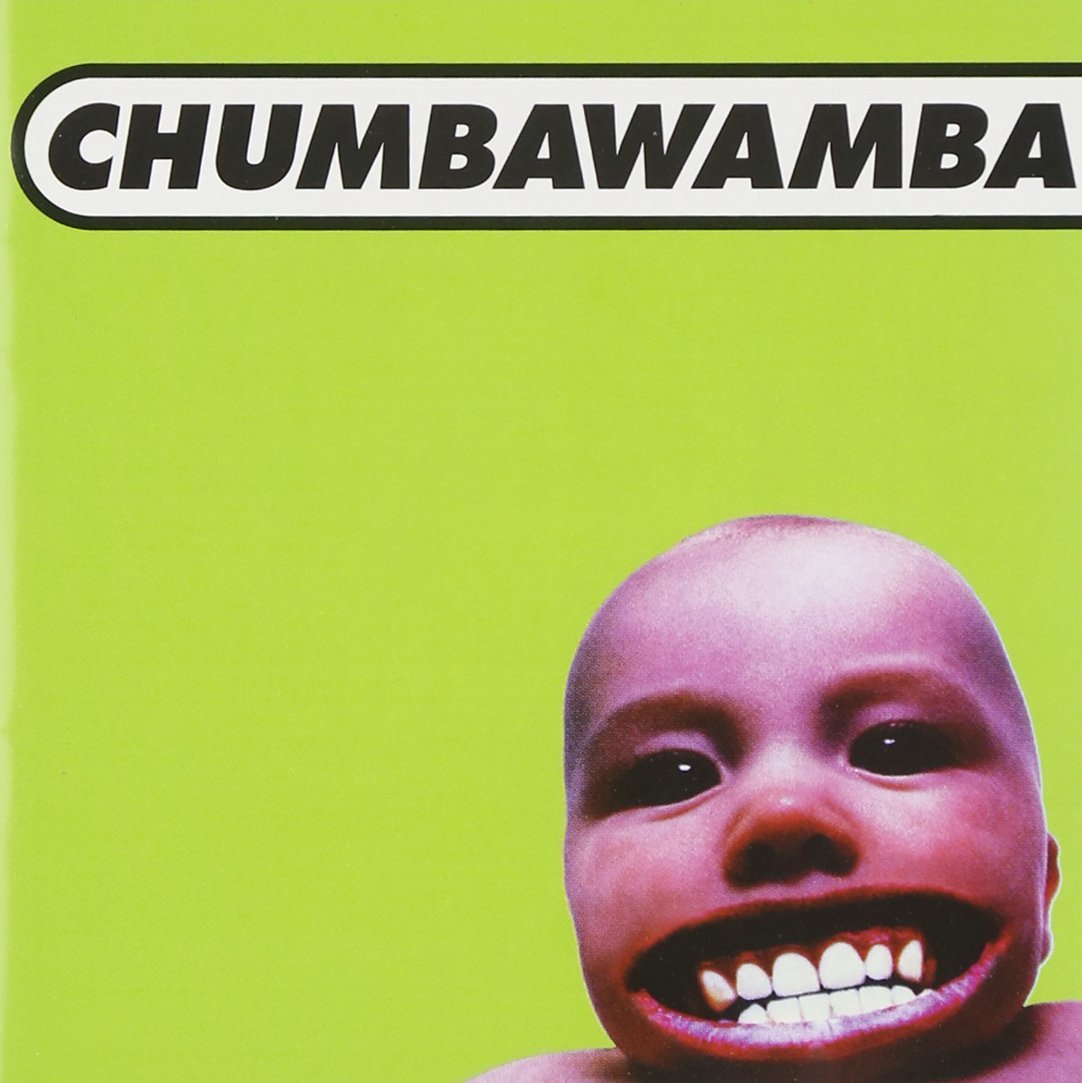The New Windsor Library Initiative, which I adamantly supported, was unfortunately defeated. After spending this month reflecting on the reasons for the loss, I ultimately attribute it to the following factors:
- Members of the community disagreed about the inherent value libraries offer to our community, especially to those who otherwise wouldn’t be able to afford access to the resources the library provides. Many ultimately decided that the elevated taxes would not result in a positive return on our community.
- Members of the community had a fundamental misunderstanding about the Library District, its boundaries, its relationship to other local municipal entities, and the way libraries are funded, both operationally and through facility expansion.
- Members of the community had confusion and misunderstanding about how the proposal came to be, how proposed funds would be allocated, and the previous attempts to solicit input and collaboration.
- Members of the community did not demonstrate an appreciation for present and anticipated growth, and its impact on current library capacity and their staffing – nor did they appreciate the future capacity planning with the proposed library, seeing it was something that was too large for the present time. I think we only need to look to our newly expanded recreation center to find out what happens when a community expands facilities with current demand in mind, where even mid-morning weekday classes are overfilled with attendees.
…And finally
- Some opponents of the library measure were able to exploit the community’s lack of knowledge (especially for #2 and #3) and instead projected scandalous motives to explain issues that they did not understand. I found it most egregious that terms like “No Transparency” and “No Collaboration” were used when there were numerous public meetings and opportunities for input, as well as hundreds of pages of feasibility studies and proposals were available through the website. Rather than clarify their concerns, many simply used their lack of knowledge as justification for their distrust in our government institutions. While I do think it’s important for our society to be skeptical and scrutinous of our municipalities, many assigned nefarious motives for that which they did not understand, hiding behind their own ignorance.
Ultimately, I do think that our community needs to do a better job to improve issues #2-4, and hope that it can come through meaningful discussion, debate, and consensus towards what is best for our community. I do think there will always be those that fall into the #1 and #5 camps but hope that those can be diminished as we do attempt to improve #2-4. Perhaps it means more meetings and dedicated hearings. Having participated in two previous capital campaigns through my church, having an abundance of listening sessions and solicitation of input help quell concerns that many had. I would be very interested in doing my part to assist in any way I can, hoping that we can continue to provide a quality library that meets the needs of Windsor for generations to come.
